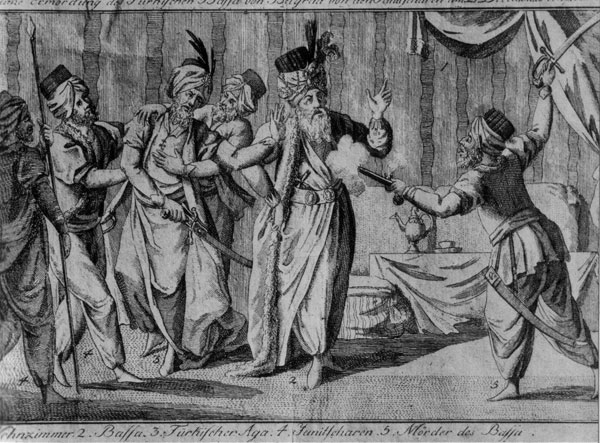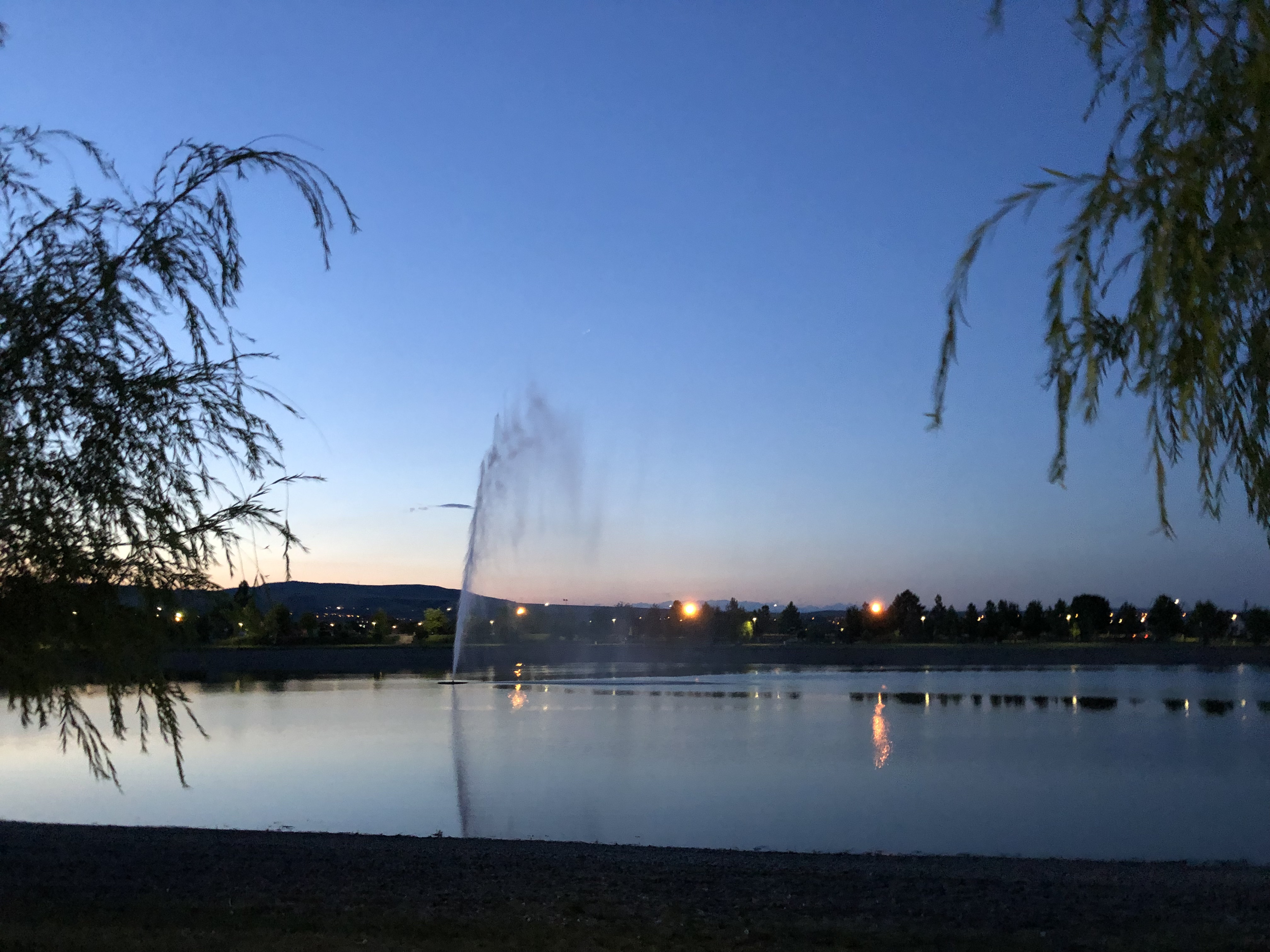|
Jevta Savić Čotrić
Jevta Savić Čotrić ( sr-cyrl, Јевта Савић Чотрић; – 1821) was a Serbian politician and diplomat during the First Serbian Uprising and Second Serbian Uprising who served as a representative of the Zvornik nahiyah in the Cabinet of Matija Nenadović in 1805. He was the older cousin of Vuk Karadžić and with him, Vuk Karadžić "began to study books". Biography Jevta Savić Čotrić was an educated and respected man even before the uprising. With Anta Bogićević, and with Karađorđe's approval, he concluded a well-known contract with Mehmed-pasha Vidajić. In 1807 he was elected a member of the Governing Council in Belgrade. Ivan Jugović opened the nucleus of what eventually became the Grandes écoles (''Velika škola'') in the fledgling premises of his big house. In 1812, he was appointed elder of Kladovo and Brza Palanka. He unsuccessfully negotiated peace with the Turks in 1813. In 1814, he "appeared before the Austrian emperor in Vienna with Archbish ... [...More Info...] [...Related Items...] OR: [Wikipedia] [Google] [Baidu] |
First Serbian Uprising
The First Serbian Uprising ( sr, Prvi srpski ustanak, italics=yes, sr-Cyrl, Први српски устанак; tr, Birinci Sırp Ayaklanması) was an uprising of Serbs in the Sanjak of Smederevo against the Ottoman Empire from 14 February 1804 to 7 October 1813. Initially a local revolt against Dahije, renegade janissaries who had seized power through a coup, it evolved into a revolution, war for independence (the Serbian Revolution) after more than three centuries of Ottoman rule and short-lasting Austrian occupations. The janissary commanders murdered the Ottoman Vizier in 1801 and occupied the sanjak, ruling it independently from the Ottoman Sultan. Tyranny ensued; the janissaries suspended the rights granted to Serbs by the Sultan earlier, increased taxes, and imposed forced labor, among other things. In 1804 the janissaries feared that the Sultan would use the Serbs against them, so they Slaughter of the Knezes, murdered many Serbian chiefs. Enraged, an assembly chose Ka ... [...More Info...] [...Related Items...] OR: [Wikipedia] [Google] [Baidu] |
Brza Palanka
Brza Palanka (Serbian Cyrillic: Брза Паланка ) is a town in eastern Serbia, on the right bank of the Danube. It is situated in the Kladovo municipality, in the Bor District The Bor District ( sr, Борски округ, Borski okrug, ) is one of nine administrative districts of Southern and Eastern Serbia. It has a population of 123,848 inhabitants, according to the 2011 census results. The administrative center .... The population of the town is 860 people (2011 census). The town has its origin in the Roman town of ''Aegeta'' (Egeta). References Populated places in Bor District Timok Valley {{BorRS-geo-stub ... [...More Info...] [...Related Items...] OR: [Wikipedia] [Google] [Baidu] |
Matija Nenadović
Matija Nenadović ( sr-cyrl, Матија Ненадовић, or Mateja Nenadović sr-cyr, Матеја Ненадовић; 26 February 1777 – 11 December 1854), also known as Prota Mateja, was a Serbian archpriest, writer, and politician who served as the first prime minister of Serbia from 1805 to 1807. He was a notable leader in the First Serbian Uprising. Life At the age of sixteen he was ordained priest, and a few years later was promoted to an archpriest ( sr, Протојереј), colloquially ''prota'' ( sr, прота) of Valjevo. His father, Aleksa Nenadović, Knez (chief magistrate) of the district of Valjevo, was one of the most popular and respected public men among the Serbs at the beginning of the 19th century. When the four leaders of the Janissaries of the Sanjak of Smederevo (the so-called Dahias) thought that the only way to prevent a general rising of the Serbs was to intimidate them by murdering all their principal men, Aleksa Nenadović (1749–1804) ... [...More Info...] [...Related Items...] OR: [Wikipedia] [Google] [Baidu] |
Lazar Arsenijević Batalaka
Lazar Arsenijević Batalaka ( Bukovik, Kragujevac, 1793 - Belgrade, 15 January 1869) was a Serbian participant in the First Serbian Uprising and later a state adviser (since 1842), diplomatic representative of Serbian to Constantinople (from 1846 to 1847), Minister of Justice and Minister of Education and a historian. Biography He received his education during the First Serbian Uprising at the newly-established grandes écoles founded by Ivan Jugović ( Jovan Savić). His professor was also Lazar Vojnović (1783-1812), who gave a posthumous speech.Бора Чекеринац: Лазар Војновић, Скица за портрет професора Велике школе, „--“, ISSN 1450-8540, 5/2004, Шабац, 2004. године, pp. 95 - 102. After the fall of the Serbian uprising in 1813, he first fled to Austria, where he stayed briefly in Novi Sad and then left for Imperial Russia, where he spent more than ten years in Hotin and Chisinau. He was in exile in conn ... [...More Info...] [...Related Items...] OR: [Wikipedia] [Google] [Baidu] |
Milan Đ
Milan ( , , Lombard: ; it, Milano ) is a city in northern Italy, capital of Lombardy, and the second-most populous city proper in Italy after Rome. The city proper has a population of about 1.4 million, while its metropolitan city has 3.26 million inhabitants. Its continuously built-up urban area (whose outer suburbs extend well beyond the boundaries of the administrative metropolitan city and even stretch into the nearby country of Switzerland) is the fourth largest in the EU with 5.27 million inhabitants. According to national sources, the population within the wider Milan metropolitan area (also known as Greater Milan), is estimated between 8.2 million and 12.5 million making it by far the largest metropolitan area in Italy and one of the largest in the EU.* * * * Milan is considered a leading alpha global city, with strengths in the fields of art, chemicals, commerce, design, education, entertainment, fashion, finance, healthcare, m ... [...More Info...] [...Related Items...] OR: [Wikipedia] [Google] [Baidu] |
Šabac
Šabac (Serbian Cyrillic: Шабац, ) is a city and the administrative centre of the Mačva District in western Serbia. The traditional centre of the fertile Mačva region, Šabac is located on the right banks of the river Sava. , the city proper has population of 53,919, while its administrative area comprises 118,347 inhabitants. Name The name ''Šabac'' was first mentioned in Ragusan documents dating to 1454. The origin of the city's name is uncertain; it is possible its name comes from the name of the city's main river, the Sava. The city is known by a variety of different names: ''Zaslon'' in medieval Serbian, ''Szabács'' in Hungarian, ''Böğürdelen'' in Turkish, and ''Schabatz'' in German. History Archaeological evidence attests to more permanent settlement in the area from the Neolithic. In the Middle Ages, a Slavic settlement named ''Zaslon'' existed at the current location of Šabac. The settlement was part of the Serbian Despotate until it fell to the Otto ... [...More Info...] [...Related Items...] OR: [Wikipedia] [Google] [Baidu] |
Mateja Nenadović
Mateja ( sr, Матеја) is a given name, variant of the Greek given name ''Mathias'' ( Matthew). In Serbian, it's a masculine name, while in Croatian and Slovene, it's a feminine name. Notable people with the name include: Given name * Mateja Andrlić (born 1993), Croatian football forward *Mateja Kežman (born 1979), Serbian footballer * Mateja Maslarević (born 2000), Serbian footballer * Mateja Matejić (1924–2018), Serbian Orthodox priest *Mateja Matevski (1929–2018), Macedonian poet, literary and theater critic, essayist, and translator * Mateja Nenadović (1777–1854), Serbian priest and politician * Mateja Petronijević (born 1986), Croatian sailor * Mateja Pintar (born 1985), Slovenian table tennis player * Mateja Robnik (born 1987), Slovenian alpine skier * Mateja Šimic (born 1980), Slovenian triathlete * Mateja Svet (born 1968), Slovenian alpine skier * Mateja Zver (born 1988), Slovenian footballer Surname * Robert Mateja (born 1974), Polish ski jumper See also ... [...More Info...] [...Related Items...] OR: [Wikipedia] [Google] [Baidu] |
Kladovo
Kladovo ( sr-Cyrl, Кладово, ; ro, Cladova or ) is a town and municipality located in the Bor District of Southern and Eastern Serbia, eastern Serbia. It is situated on the right bank of the Danube river. The population of the town is 8,913, while the population of the municipality is 20,635 (2011 census). Name In Serbian language, Serbian, the town is known as ''Kladovo'' (Кладово), in Romanian language, Romanian ''Cladova'', in German language, German as ''Kladowo'' or ''Kladovo'' and in Latin language, Latin and Romanised Greek language, Greek as ''Zanes''. In the time of the Roman Empire, the name of the town was ''Zanes'' while the fortifications was known as ''Diana'' and ''Pontes'' (from Greek "sea" -''pontos'', or Roman "bridge" - ''pontem''). Emperor Trajan had a number of fortications constructed in the area during the Roman times, such as the well-known Trajan's Bridge (Pontes was built on the Serbian side, Theodora was built on the Romanian side). Later, ... [...More Info...] [...Related Items...] OR: [Wikipedia] [Google] [Baidu] |
Second Serbian Uprising
The Second Serbian Uprising ( sr, Други српски устанак / ''Drugi srpski ustanak'', tr, İkinci Sırp Ayaklanması) was the second phase of the Serbian Revolution against the Ottoman Empire, which erupted shortly after the re-annexation of the country to the Ottoman Empire in 1813. The occupation was enforced following the defeat of the First Serbian Uprising (1804–1813), during which Serbia existed as a ''de facto'' independent state for over a decade. The second revolution ultimately resulted in Serbian semi-independence from the Ottoman Empire. The Principality of Serbia was established, governed by its own parliament, constitution and royal dynasty. ''De jure'' independence, however, was attained in 1878, following the decisions of the Congress of Berlin. Background The First Serbian Uprising liberated the country for a significant time (1804–1813) from the Ottoman Empire; for the first time in three centuries, Serbs governed themselves without the su ... [...More Info...] [...Related Items...] OR: [Wikipedia] [Google] [Baidu] |
Grandes écoles
Grandes may refer to: * Agustín Muñoz Grandes, Spanish general and politician *Banksia ser. Grandes, a series of plant species native to Australia * Grandes y San Martín, a municipality located in the province of Ávila, Castile and León, Spain *Grandes (islands) Grandes ( el, Γκράντες) is a group of three small islands off the east coast of Crete. Administratively it comes within the Itanos municipality in Lasithi. Grandes can be seen from the Minoan site of Roussolakkos near Palekastro as ca ..., a group of three small islands in the Aegean Sea off the east coast of Crete * ''Grandes'' (album), by Maná {{disambig, geo, surname ... [...More Info...] [...Related Items...] OR: [Wikipedia] [Google] [Baidu] |
Ivan Jugović
Ivan () is a Slavic male given name, connected with the variant of the Greek name (English: John) from Hebrew meaning 'God is gracious'. It is associated worldwide with Slavic countries. The earliest person known to bear the name was Bulgarian tsar Ivan Vladislav. It is very popular in Russia, Ukraine, Croatia, Serbia, Bosnia and Herzegovina, Slovenia, Bulgaria, Belarus, North Macedonia, and Montenegro and has also become more popular in Romance-speaking countries since the 20th century. Etymology Ivan is the common Slavic Latin spelling, while Cyrillic spelling is two-fold: in Bulgarian, Russian, Macedonian, Serbian and Montenegrin it is Иван, while in Belarusian and Ukrainian it is Іван. The Old Church Slavonic (or Old Cyrillic) spelling is . It is the Slavic relative of the Latin name , corresponding to English ''John''. This Slavic version of the name originates from New Testament Greek (''Iōánnēs'') rather than from the Latin . The Greek name is in turn ... [...More Info...] [...Related Items...] OR: [Wikipedia] [Google] [Baidu] |



